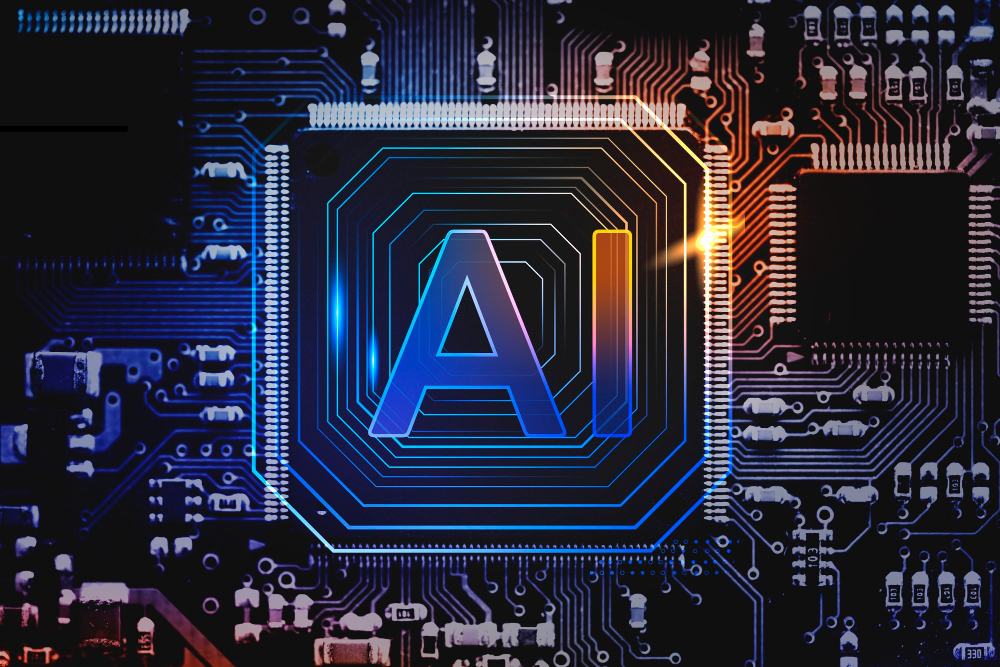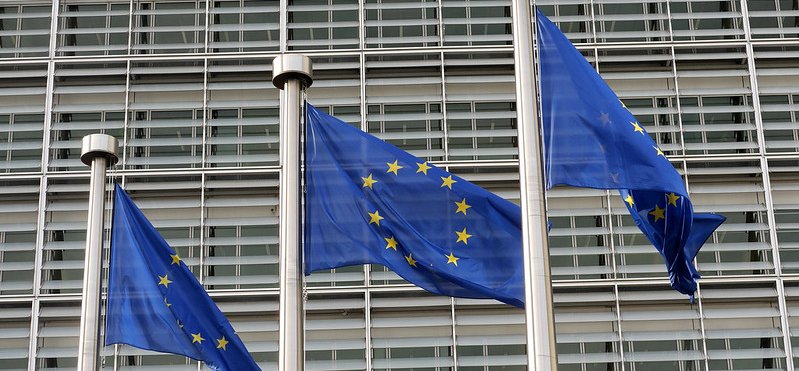More than 800 creatives in the US have signed an anti-AI campaign accusing big technology companies of exploiting human work. High-profile figures from film and television in the country have backed the initiative, which argues that training AI on creative content without consent amounts to theft.
The campaign was launched by the Human Artistry Campaign, a coalition representing creators, unions and industry groups in the country. Supporters say AI systems should not be allowed to use artistic work without permission and fair compensation.
Actors and filmmakers in the US warned that unchecked AI adoption threatens livelihoods across film, television and music. Campaign organisers said innovation should not come at the expense of creators’ rights or ownership of their work.
The statement adds to growing pressure on lawmakers and technology firms in the US. Creative workers are calling for clearer rules on how AI can be developed and deployed across the entertainment industry.
Would you like to learn more about AI, tech and digital diplomacy? If so, ask our Diplo chatbot!










